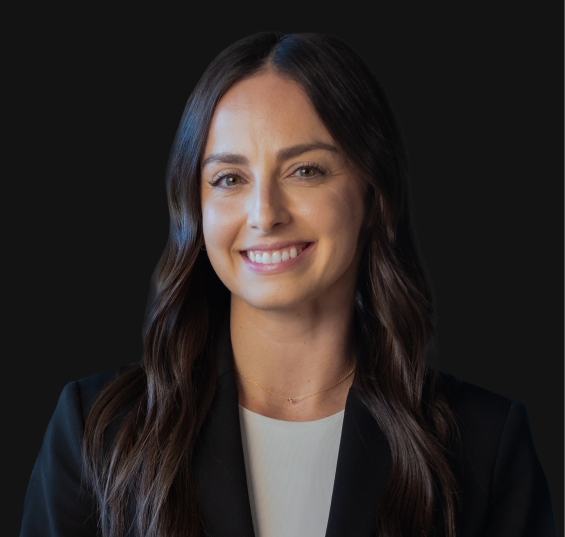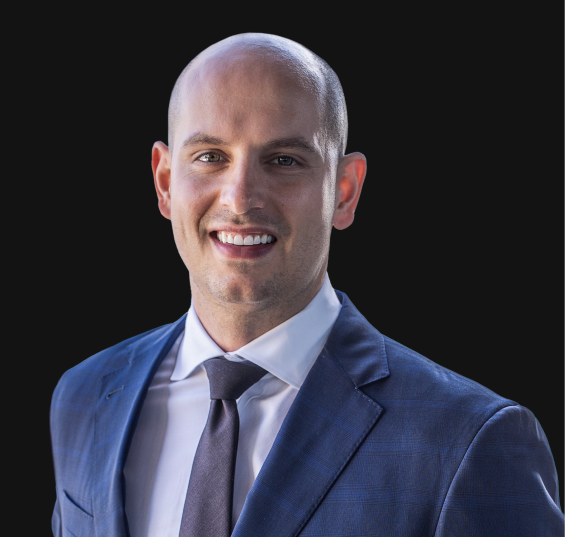A common concern we hear from our retiree and pre-retiree clients is the question of their retirement funds covering all the items on their bucket list. With many folks now living well into their 80s and 90s, your retirement may need to stretch a little further these days. But with a few sound strategies in place, you can make those funds work a little harder, and last a bit longer. Let’s take a look at 3 ways you can make your retirement funds allow for everything you’re hoping for.
1. Income Diversification
A great way to make your retirement funds last is to diversify your income. The truth is, no matter what your net worth, your income will always be your greatest wealth-building tool. That’s why a solid income stream is great, but multiple streams of income are even better.
A great way to make your retirement funds last is to diversify your income. The truth is, no matter what your net worth, your income will always be your greatest wealth-building tool. That’s why a solid income stream is great, but multiple streams of income are even better.
- Invest in real estate. Owning rental properties is a great way to earn passive income without dipping into your retirement savings. Real Estate Investment Trusts (REITs) are another popular option.
- Continue to earn active income. You could also pursue a passion, become a freelancer, or work for a nonprofit. You will earn less than what you’re making now, but all these options will provide flexibility and a form of income diversification that will keep your retirement savings intact for longer.
- Use dividend-paying stocks. Often considered an annuity-like cash stream, dividend-paying stocks give company earnings to investors, typically once a quarter. The top dividend-paying stocks even raise their payouts over time. This not only gives you an income stream, but you can also reinvest the dividends to pursue more growth.
2. Watch Your Spending & Focus on Growth
Do you know what you will do with your newfound freedom in retirement? Many people start by pursuing all the things they didn’t get to do while working—traveling the world, picking up a new hobby, remodeling their home, and the list goes on.
But many people underestimate the amount of money they’ll spend in those first few years of retirement. With so much extra time on your hands, it’s easy to make a lot of little purchases that add up over time. To ensure you can afford to do everything you’re envisioning for your ideal retirement, create a detailed (but realistic) blueprint for your retirement years. You can plan for extra expenses like vacation or pursuing a new hobby, but make sure you know how it will affect your nest egg before you follow through.
In addition to designing your retirement blueprint, another strategy for making your retirement income last is to invest excess cash for growth (stocks) instead of fixed income (bonds). This may sound counterintuitive since retirees tend to invest in more conservative investments to maintain steady income. But as bond yields remain historically low and inflation reaches new highs, many experts have expressed concerns over the sustainability of retirement investments that have a larger allocation toward bonds.
You certainly need the fixed-income component, but it’s important to consider including investments that have a greater growth potential in order to keep up with inflation and maintain your ability to withdraw funds every year.
Make sure you are investing with the proper perspective, and don’t cheat yourself out of years (or even decades) of potential growth.
3. Have a Withdrawal Strategy
When it comes to withdrawing from your retirement accounts, how you take your distributions can make all the difference. Your retirement income sources are likely produced from a variety of assets, including employer-sponsored retirement plans, Social Security, personal IRAs, or other income-generating investments. Each asset has different tax characteristics, and properly structured investments can help lower your tax burden if you plan how and when you’ll withdraw from each.
For example, most people will receive Social Security benefits during retirement, but 85% of your Social Security income can be taxed at your regular tax rate if your income exceeds a certain amount.
Regarding your personal savings, a $50,000 withdrawal from a Roth IRA will have a wildly different tax impact than that same distribution from a traditional IRA. If you blindly take your money and run, you could trigger an avalanche of higher Social Security taxes, investment surtax, capital gains taxes, and even higher Medicare premiums, which will eat away at the funds that were supposed to carry you through retirement. Creating a withdrawal strategy and a tax plan can help you maximize your retirement funds and improve your financial situation.
Need Help Making Your Money Last?
There’s no single answer to when you can retire or how much money you need to live a comfortable life, but there are concrete ways to improve your financial stability. If you’d like to partner with a financial planner who understands your unique needs and inspires you to be more confident in your financial decisions, contact me today at 503-446-6450 or [email protected].







